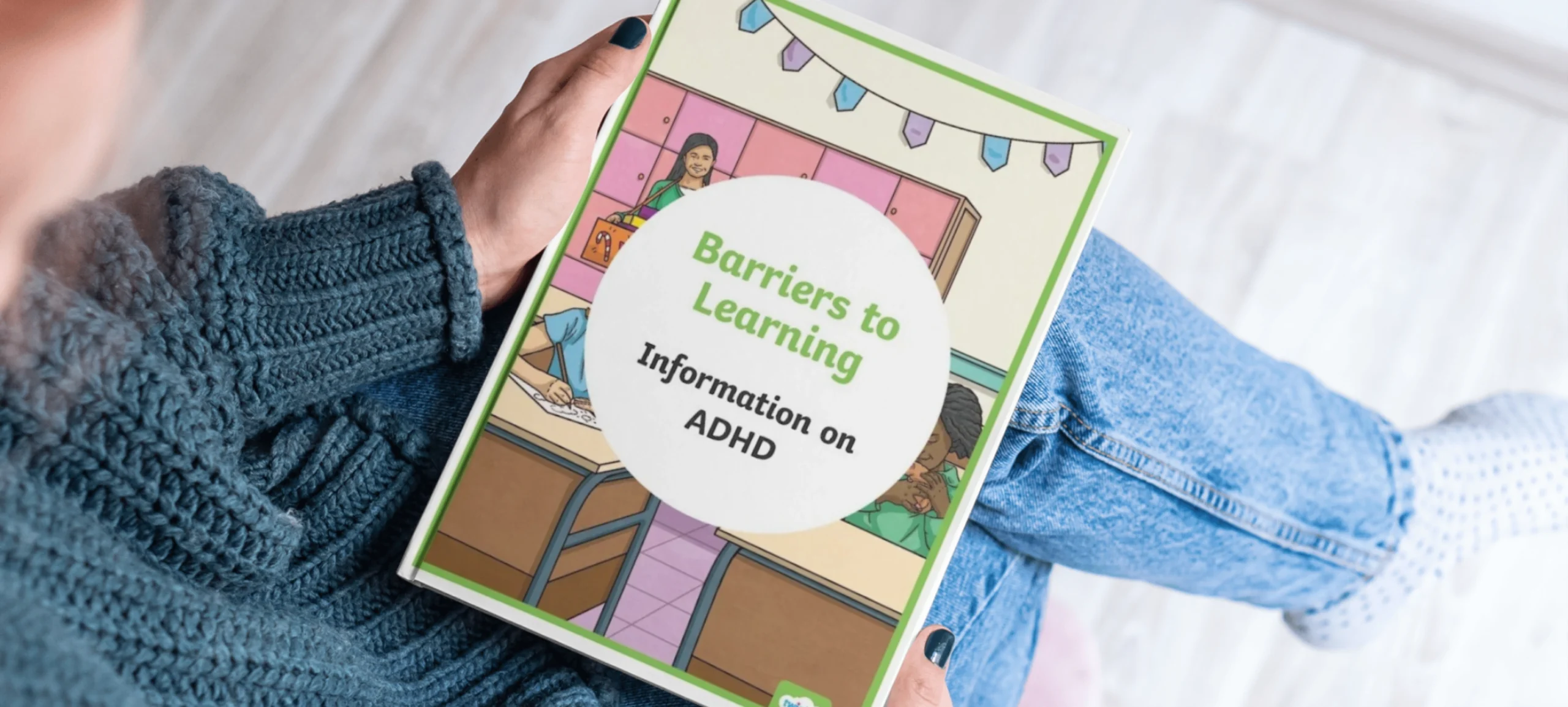Glenoaks School in Kensington, Johannesburg, in its 52nd year of operation, runs a remedial stream up to Grade 7, an Assisted Learning Stream for special needs learners aged 6 – 14, and a Vocational Stream (Oak House Vocational Academy) for special needs learners between the ages of 13 and 18 . We strive to ensure an intimate learning environment, with no more than 12 students per class, and therapy programs tailored for individual students.
What is Remedial Education?
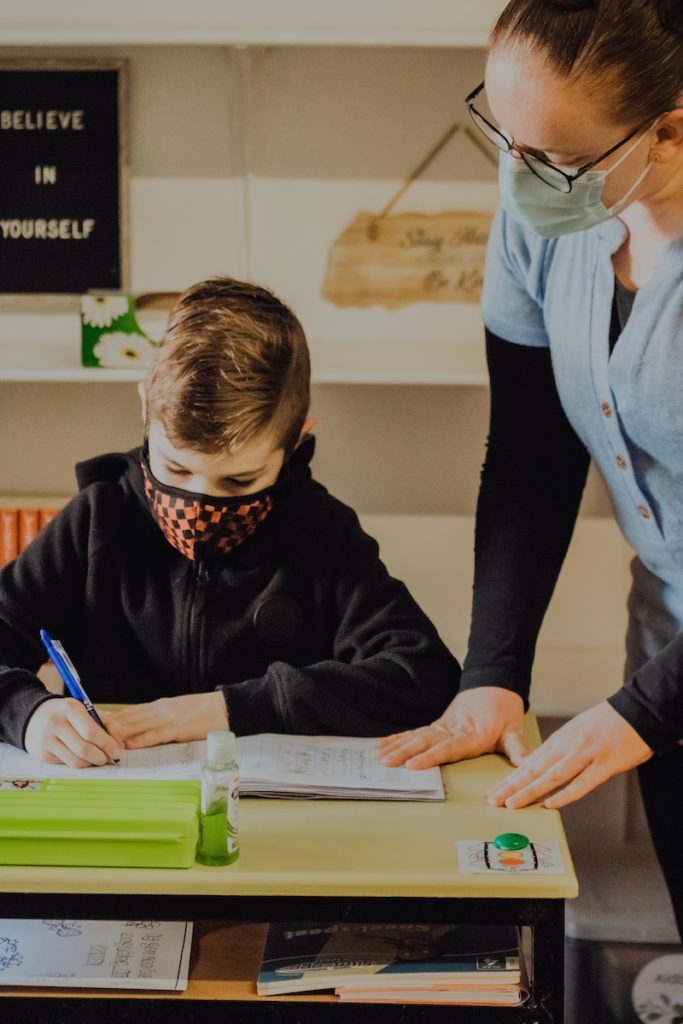
Remedial Education is designed to assist learners to achieve expected competencies in core academic skills. By closing the gaps between what a student knows and can do and what they are expected to know by a certain grade, we can help learners who have fallen behind academically. Every effort is made to remove barriers that could prevent learners from achieving future success.
The Glenoaks Remedial Stream
Glenoaks welcomes a wide variety of learners into our remedial stream. We do not close our doors to learners with an IQ below the average rating but assess every child to ensure that they will be a fit for our school, and that our school will be a fit for them. Remedial learners may face any number or variety of learning difficulties, including, but not limited to dyslexia, dyscalculia, ADHD, ADD, ODD, autism and anxiety. Our aim within the remedial stream is to support a learner’s emotional well-being, supporting their learning difficulties, and providing a safe and nurturing environment in which they can flourish academically and socially.
We are committed to providing a learning environment in which all children can meet and exceed their potential. We surround our learners with love, support, and encouragement.
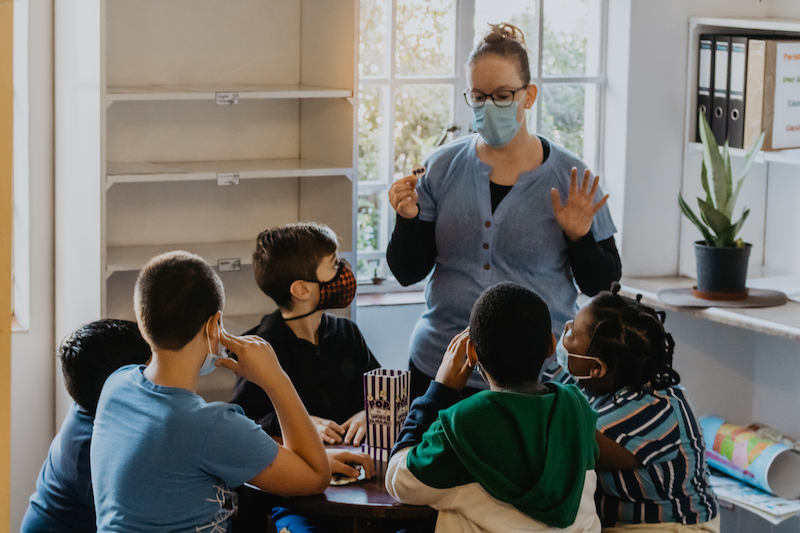
Glenoaks follows the CAPS curriculum up until Grade 7, with learners moving on from the school into mainstream, remedial or supportive high schools. This curriculum is offered as an Accommodated Curriculum, in which grade appropriate assessment standards and skills are being worked on within a small class setting and with therapeutic intervention. We also offer an Adapted Curriculum in which learners are offered additional individual assistance and support.
The school offers therapy as part of our school fees, with sessions taking place within the school day. These include Occupational, Speech & Language, Remedial and Psycho-therapy. Therapeutic support is targeted to the needs of individual learners. Some students require support in group settings, such as our social therapy groups, whereas others may require targeted individual therapeutic input in a key academic or emotional area.
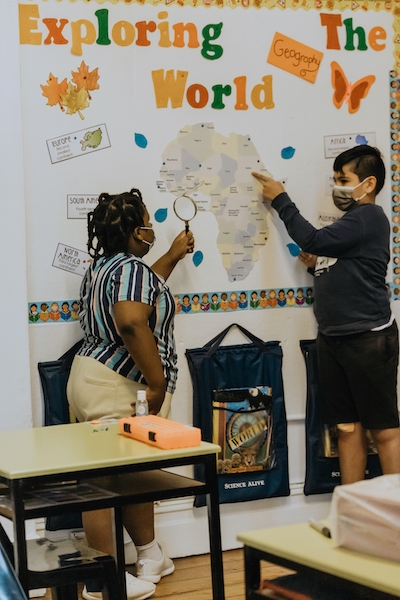
Our Academic Support programme supports students as well as class teachers. Teachers and therapists are able to look at teaching methodologies, classroom environments, content of lessons, as well as different learning styles.
In our Intermediate and Senior Phase, we offer in-house accommodations to learners as they may require. These academic concessions are put in place during formal assessments (cycle tests and exams). The accommodations include separate venues, a scribe, a reader, a prompt, spelling concessions, maths exemptions, rest breaks, and rephrasing of questions, amongst others. The school is guided on what accommodations are required for a learner by psycho-educational assessments, as well as other therapeutic assessments. By providing learners with these concessions, they are more able to show their true academic potential without being held back by specific learning disabilities.
In our foundation phase, we offer a tailored reading programme to our younger learners, allowing them to develop their reading abilities. Our learners engage in individual reading, as well as guided reading which takes place in smaller groups. We use methods that help students to read, talk and think to ensure a deeper understanding. We are especially proud of our paired-reading programme which includes learners, teachers and parents, and has shown incredible success with so many of our students. Furthermore, our curriculum includes a perceptual component which aims at developing the visual and auditory, as well as both the fine and gross motor skills of every student. These perceptual and motor skills are the underlying skills required for academic success.
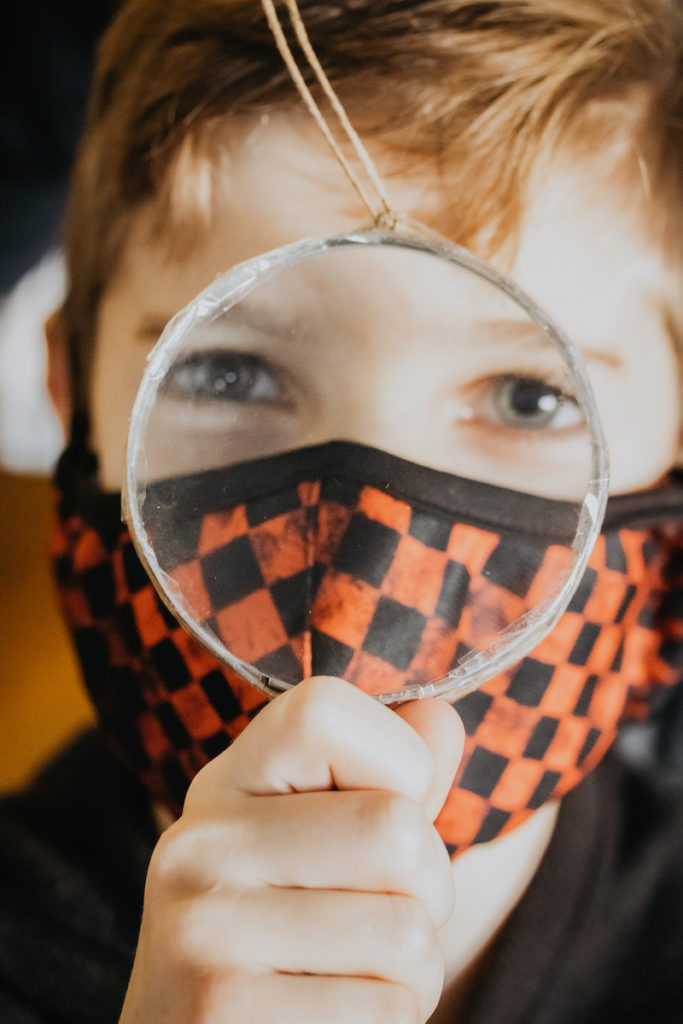
Classroom facilitators form an integral part of our remedial classrooms. In certain instances, facilitators are placed in a classroom in order to provide support to learners and the classroom teacher. In some instances, individual students require their own facilitator to sit and work with them, and these can be contracted by the parents, or by the school.
All Grade 6 and 7 learners may use their own technology device, such as a laptop, Tablet or iPad. They are taught and encouraged to make use of these devices to enhance their learning. Students with specific learning difficulties who find it challenging to put pen to paper, are able to use tools such as voice-to-text, which greatly aid and enhance their learning ability.
How Does Remediation Happen?
When a learner shows signs of an academic lag, individual remedial goals are established. Remedial therapy goals are derived from the learner’s latest assessments together with input from the class teacher. Remedial education often focuses on using a learner’s strengths and learning style to achieve the individual goals set. It aims to build self-confidence, opportunities for success, and to improve self-esteem and quality of class work. Therapy uses a multi-sensory approach, practical hands-on methods where possible, kinaesthetic, tactile, auditory and visual stimuli. During remedial therapy it is sometimes necessary to revert to the basics of a particular skill, to ensure understanding of the fundamentals. The aim is to build on and move from some concrete to more abstract concepts.
An All-Inclusive Education Programme
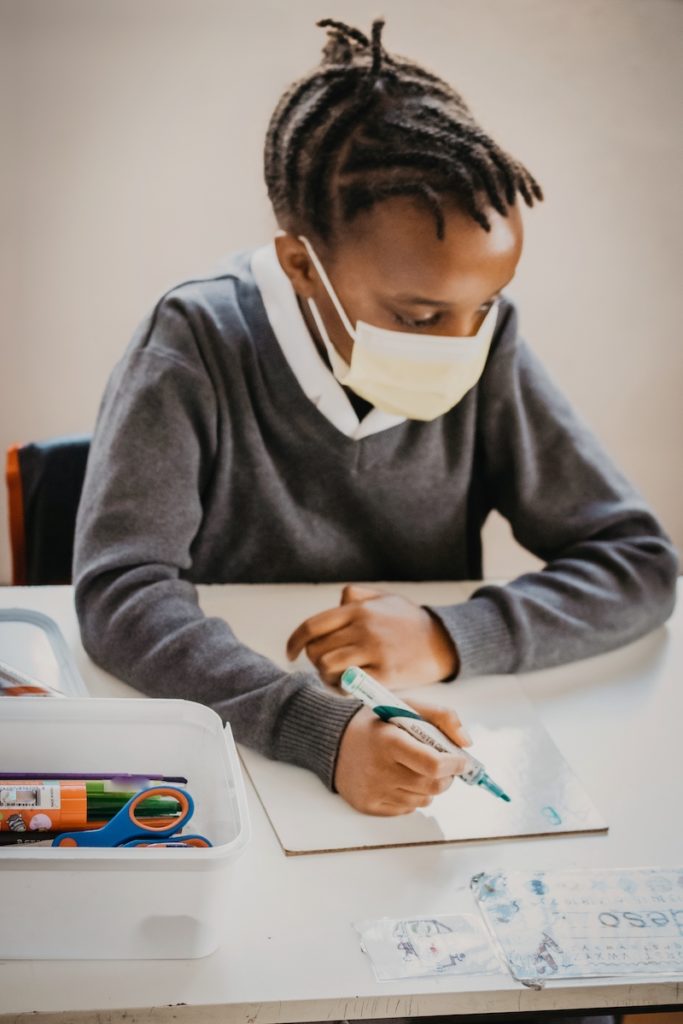
There is far more to a well-rounded remedial education programme than only academics learnt at a desk. In our Intermediate and Senior primary we run a programme known as Terrific Tuesdays, in which learners are exposed to and participate in a wide range of learning activities. These include the creative and dramatic arts, a variety of sports and ball skills, outreach programmes, as well as English extension activities.
Glenoaks is proud of each student that walks through our doors. We are excited to discover the potential in our students, working to find ways to enhance their abilities, and equipping them to move forward.
- When to Push My Child and When to Step Back - March 18, 2024
- Benefits of Including STEM into the Classroom - March 5, 2024
- The Role of Parents in the Education of Special Needs Children and Fostering a Collaborative Approach - February 21, 2024



